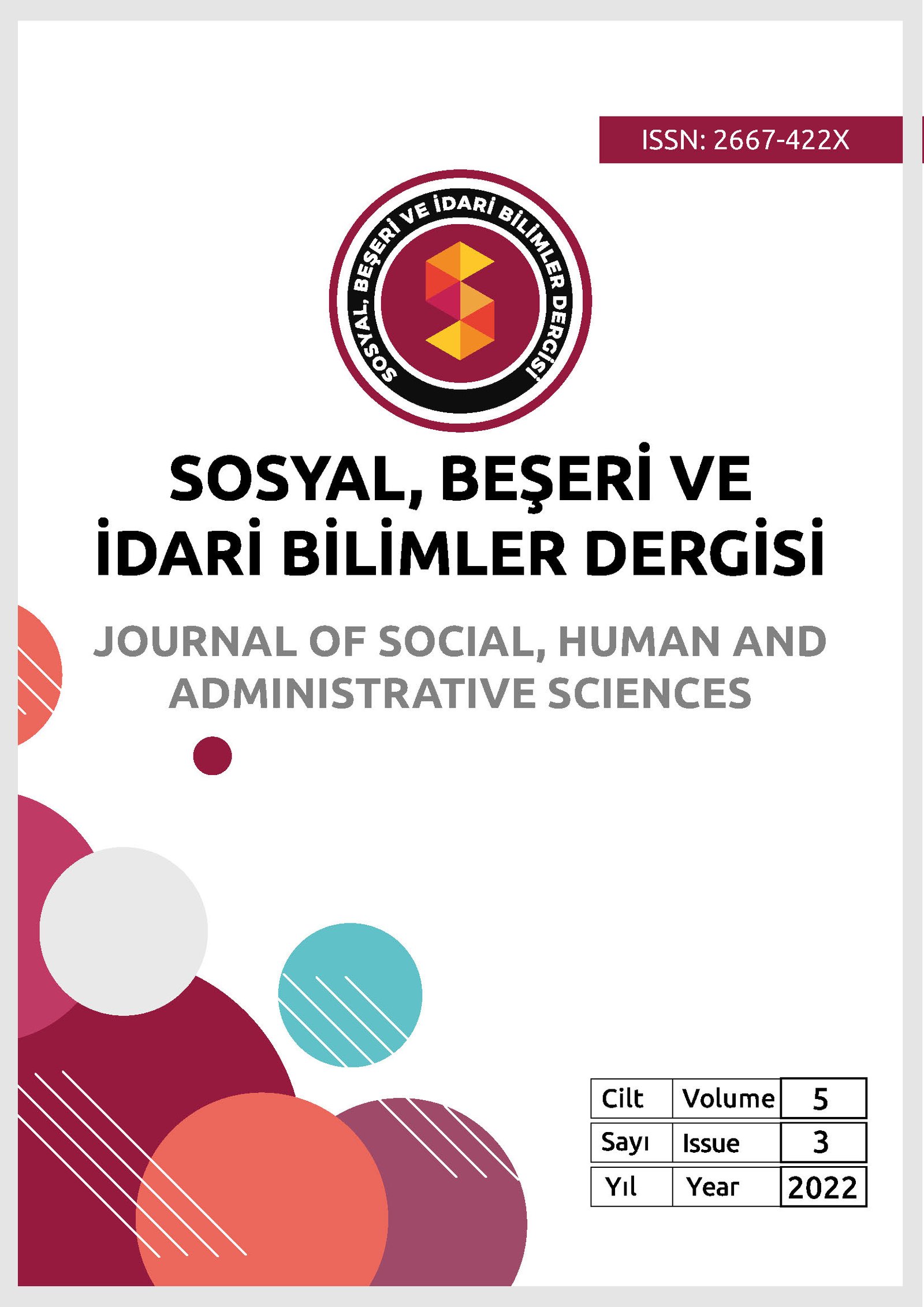Crude Oil Price Shocks and Turkish Banking Performance
Main Article Content
Abstract
The effect of oil prices on bank performance has been investigated in this study, which employs CAMEL (Capital adequacy, Asset quality, Management, Earnings and Liquidity) variables as bank performance indicators. Annual data for 12 banks from BİST Bank Index, from 2008 to 2020 were analyzed using the Random Effect Model, one of the Panel Data Analysis estimation methods. According to the findings of the analyses, oil prices have an impact on banking performance, particularly on management and earnings. When we include the country risk factor in the model, we find that while oil prices have a positive effect on asset quality, country risk reduces this positive effect. Other findings indicate that economic growth (GDP) has a negative impact on capital adequacy, management and earnings. Earnings and capital adequacy are negatively impacted by inflation. The findings are critical for policymakers seeking to establish macroeconomic stability and strategy. In order to perform better, bank managers should establish early warning and response mechanisms against inflation and GDP growth. In terms of management and earnings, the rise in oil prices can be interpreted as a positive signal for the banking sector in Turkey.
Article Details

This work is licensed under a Creative Commons Attribution 4.0 International License.

